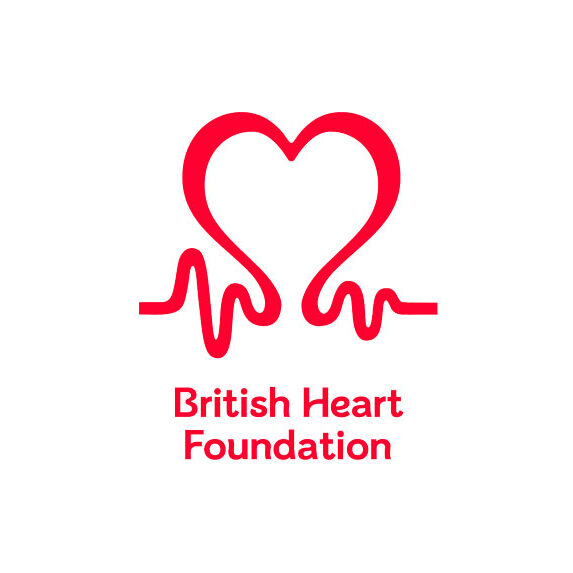NightLife Sub-Studies
Process Evaluation
An ongoing Process Evaluation sub-study will provide formative evaluation of the study processes, activities and the intervention implementation, including: assessment of whether and how well implementation is per protocol (components, timing and duration etc.) and identification of the contextual factors that influence its implementation and adoption. This will involve a mixed-methods approach: collection and monitoring of quantitative data (much of which is already collected for the main study) and a mixture of ethnographic methods (observations, interviews and document collation) will be used to generate qualitative data.
The overall aim of this process evaluation is to monitor research procedure, understand why variations develop, particularly across different participating units, and improve and amend these procedures where necessary. For instance, factors that influence the uptake, initiation and implementation of the intervention can be explored.
QuinteT Recruitment Intervention
During the development and design of the NightLife study, our Patient Participation Involvement and Engagement (PPIE) work, and staff discussions demonstrated two essential recruitment concerns:
- The potential for ‘resentful demoralisation’ in patients allocated to the control group
- The possibility that clinicians would consciously or sub-consciously discuss the study with select patients, rather than the full spectrum of eligible patients.
To mitigate and address these issues, a QuinteT recruitment intervention will be completed. This will understand the factors influencing recruitment and retention in ‘real-time’, and then use these insights to inform interventions designed to improve recruitment processes for the remainder of the NightLife study. The overall aim of this work is to ensure all eligible patients receive full, clear, and accurate information about the study, to enable an informed decision about participation.
Dr Leila Rooshenas will lead the QuinteT Recruitment Intervention.
NightLife-CMR:
A cardiac MRI sub-study investigating the impact of in-centre nocturnal haemodialysis on cardiac structure and function
Cardiovascular morbidity and mortality is significant amongst adults requiring maintenance haemodialysis. Myocardial fibrosis is a common end-point of the traditional and non-traditional cardiovascular risk factors in adults with end-stage kidney disease; conventional haemodialysis (i.e. 3.5 to 5 hours of in-centre haemodialysis, 3 times per week during the day) contributes significantly to the development of myocardial fibrosis due to recurrent episodes of myocardial ischaemia, rapid electrolyte changes and propagating systemic inflammation. In-centre nocturnal haemodialysis is a way of providing extended-hours dialysis that potentially mitigates many of these non-traditional cardiovascular risk factors (click here).
The British Heart Foundation have funded a separate sub-study (click here) to determine the impact of in-centre nocturnal haemodialysis on heart structure and function. To do this, 100 participants from the NightLife study (50 from each randomised group) will be recruited to have a cardiac MRI scan pre- and post- allocated treatment to assess the change in global myocardial native T1 time, a potential marker for myocardial fibrosis.
This is the first randomised controlled trial to assess the effects of in-centre nocturnal haemodialysis on myocardial fibrosis and other prognostically important measures of cardiovascular disease in this population.
The Chief Investigator for the NightLife Cardiac MRI sub-study is Dr Matthew Graham-Brown.



